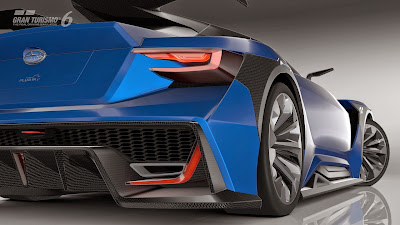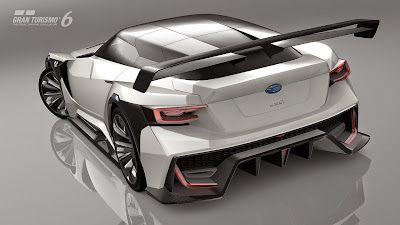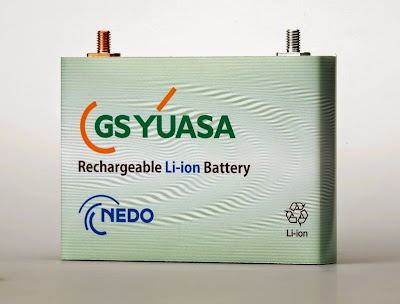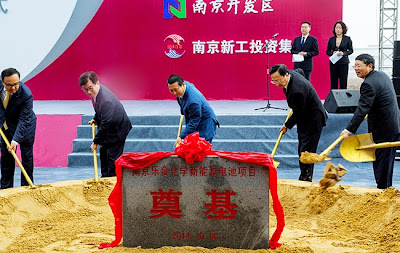Following persistent news leaks from 'highly placed insiders' about an all-electric version of Audi's upcoming Q8 sports SUV with 700 km battery range, VW Chairman Prof. Dr. Martin Winterkorn, has hinted at the battery technology Audi may use to achieve that range.
In a speech at Stanford University, during the award of the 3rd Science Award for Electrochemistry, Dr Winterkorn said he sees great potential in solid-state batteries.
"Increasing the specific energy of lithium-ion cells to as much as 380 Wh/l will reduce driving range drawbacks.
With a higher nickel content, much more will be feasible.
But we also need to intensify basic research into batteries with an even greater specific energy, such as solid-state batteries.
I see great potential in this new technology, possibly boosting the range to as much as 700 kilometers (1,000 Wh/l)."
In March we reported that VW were bench testing new battery chemistry capable of providing "between three and four times the power" from a given capacity. This would mean up to 80kWh from a similar volume occupied by the current Golf Blue-e-motion's 26.5kWh battery pack.
Dr Heinz-Jakob Neusser, VW board member responsible for development, speaking at the Geneva motor show, refused to name the battery chemistry, but doesn’t deny it is a lithium-air unit, which are capable of delivering huge amounts of power, but are in the very early stages of development.
Given Dr Winterkorn's statement that current energy density with lithium-ion batteries, which allow a range of 190 kilometers, is 260 Wh/l and in the same speech he references solid-state batteries @ 1,000 wh/l, a 4x increase, I think it becomes clear this is the chemistry VW are bench testing.
The Science Award Electrochemistry was initiated by BASF and Volkswagen in 2012. The aim being to foster exceptional scientific and engineering achievements in electrochemistry and to provide an incentive for the development of high-performance energy storage.
Source: VW













